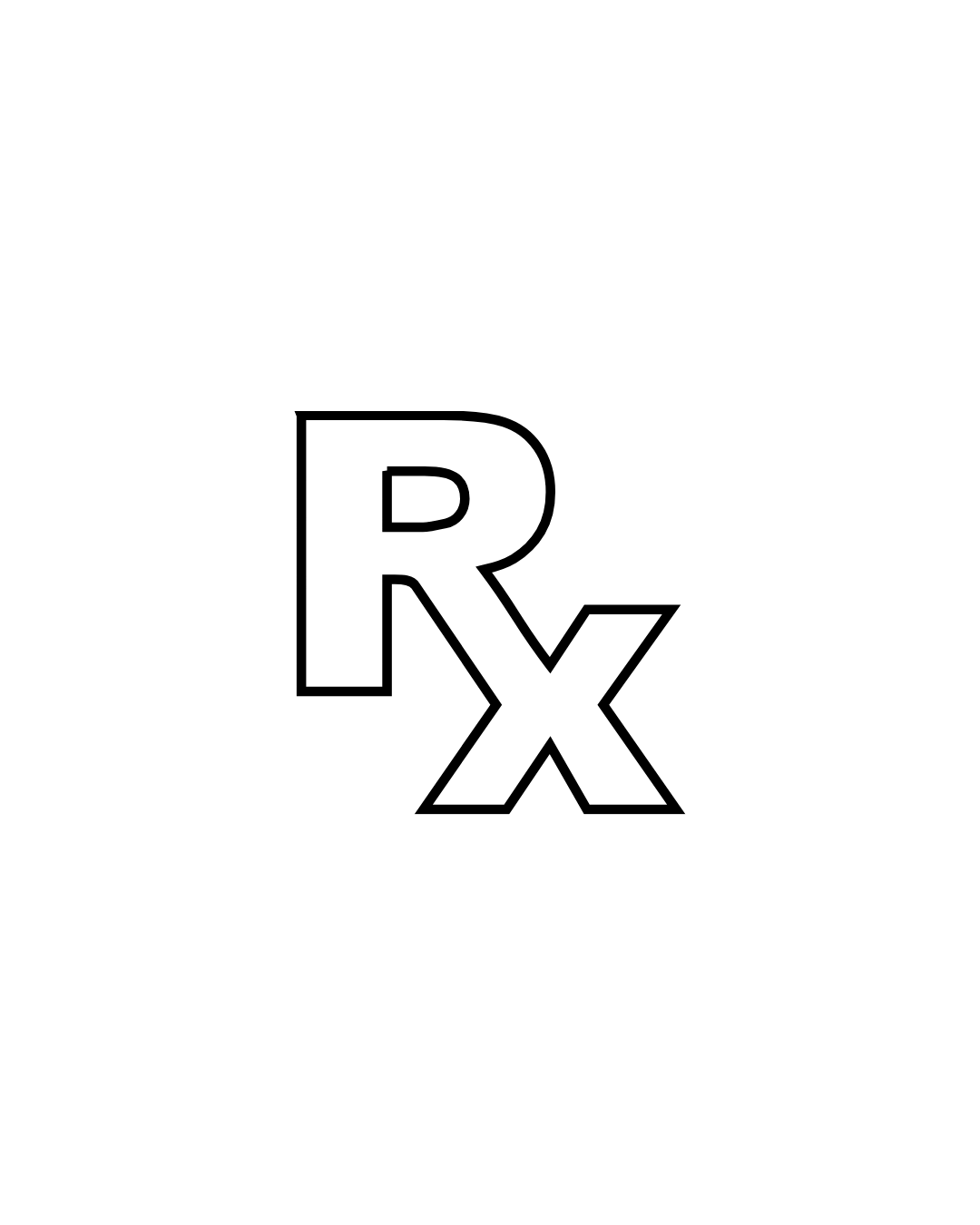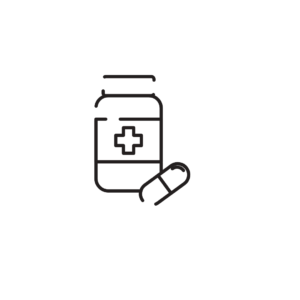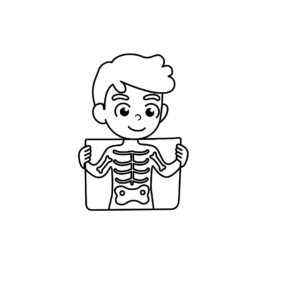Description
Overview of Bachelor in Pharmacy (B.Pharma)
The Bachelor in Pharmacy (B.Pharma) is a four-year undergraduate degree designed to educate and train students in the various aspects of pharmaceutical sciences, healthcare, and medication management. The program provides a comprehensive understanding of drug discovery, development, and delivery, as well as the clinical applications of pharmaceuticals in patient care. Graduates are equipped to work in a variety of settings, including pharmacies, hospitals, pharmaceutical companies, and healthcare organizations.
Core Areas of Study in the B.Pharma Program
Pharmaceutical Chemistry
Study of the chemical properties, synthesis, and structure-activity relationships of drugs, focusing on drug design and development.
Pharmacology
Examination of how drugs interact with biological systems, including their mechanisms of action, therapeutic uses, adverse effects, and pharmacokinetics.
Pharmaceutics
Principles of drug formulation and delivery, including dosage forms, drug stability, and methods of pharmaceutical compounding.
Pharmacognosy
Study of natural products, including plant and animal sources of drugs, and the extraction, isolation, and identification of active compounds.
Medicinal Chemistry
Focus on the design, synthesis, and structure-function relationship of medicinal agents and their potential therapeutic effects.
Clinical Pharmacy
Emphasis on patient-centered care, including medication management, patient counseling, and working with healthcare teams to optimize drug therapy.
Biopharmaceutics and Pharmacokinetics
Understanding how the physical and chemical properties of drugs affect their absorption, distribution, metabolism, and excretion in the body.
Pharmacy Management
Overview of managing pharmacy operations, including inventory control, financial management, legal and ethical issues in pharmacy practice.
Curriculum Structure
A typical Bachelor in Pharmacy program includes:
Core Courses: Basic and advanced subjects covering chemistry, pharmacology, pharmaceutics, and related fields.
Practical Sessions: Laboratory work to develop hands-on skills in drug formulation, analysis, and patient care.
Clinical Rotations: Internships or practical training opportunities in hospitals or community pharmacies to gain real-world experience.
Research Projects: Opportunities to engage in research related to drug development, pharmacy practices, or healthcare solutions.
Admission Requirements
Admission to the Bachelor in Pharmacy program typically requires:
A high school diploma (or equivalent) with a strong emphasis on science subjects, particularly biology and chemistry.
Some universities may require standardized test scores or a minimum percentage in science subjects for eligibility.
Skills Developed in the B.Pharma Program
Graduates of the Bachelor in Pharmacy program will develop essential skills, including:
Pharmaceutical Knowledge: In-depth understanding of drug therapy, pharmacology, and medication management.
Clinical Skills: Ability to assess patients? medication needs, monitor drug interactions, and provide counseling.
Analytical Skills: Proficiency in laboratory techniques for drug analysis and pharmaceutical formulation.
Communication Skills: Effectiveness in communicating with patients, healthcare professionals, and regulatory agencies regarding medications.
Management Skills: Knowledge of pharmacy operations, inventory management, and ethical considerations in pharmaceutical practice.
Career Opportunities
Upon completion of the Bachelor in Pharmacy program, graduates can pursue various career paths, including:
Registered Pharmacist
Dispensing medications, providing patient education, and managing drug therapy in pharmacies or hospital settings.
Clinical Pharmacist
Collaborating with healthcare teams to optimize patient care and medication use in clinical settings.
Pharmaceutical Sales Representative
Promoting pharmaceutical products to healthcare providers and educating them on new drugs and treatments.
Regulatory Affairs Specialist
Ensuring pharmaceutical companies comply with laws and regulations governing drug approval and marketing.
Quality Control/Quality Assurance Analyst
Monitoring pharmaceutical manufacturing processes and ensuring product quality and safety.
Research Scientist
Engaging in pharmaceutical research and development to innovate new drugs and improve existing therapies.
Academician/Trainer
Teaching pharmacy students in academic institutions or conducting training programs for continuous professional development.
Conclusion
The Bachelor in Pharmacy program offers students a rich educational experience, preparing them for various roles in the healthcare and pharmaceutical industries. With a strong foundation in pharmaceutical sciences and practical experience, graduates are well-equipped to contribute to patient care, support medication management, and participate in the advancement of pharmaceutical practices. If you have any further questions about the Bachelor in Pharmacy program or related topics, feel free to ask!









